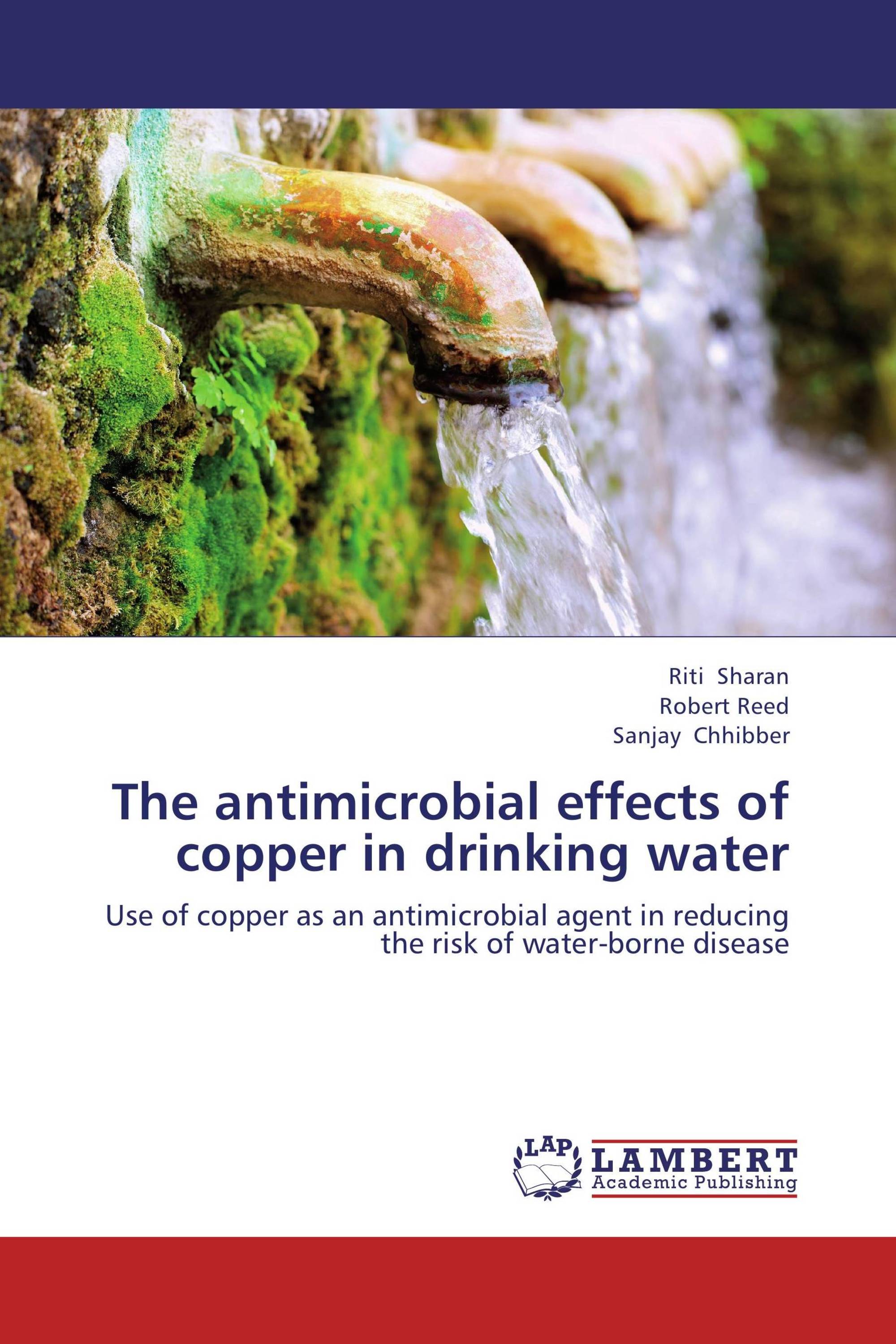The antimicrobial effects of copper in drinking water
Use of copper as an antimicrobial agent in reducing the risk of water-borne disease
€ 79,00
The results of the present study highlight the significance of using copper as an antibacterial agent against common water-borne pathogens in reducing the risk of incidence of infections from contaminated water. The study highlights the effects of water quality variables such as temperature, pH, presence of inorganic ions and organic matter on antimicrobial effectiveness and availability of copper, measured by analytical studies to establish the amount of dissolved copper in water stored in copper vessels, studies a wide range of organisms, establishes reactive oxygen species (ROS) sensitivity of the pathogens on selective and non selective culture media, investigates practical approaches to copper usage such as copper wire, copper-coated jugs, copper discs used in earthenware vessels and stainless steel vessels with electroplated copper interiors and establishes the infectivity of copper-treated bacteria, using an animal model of enteric fever and elucidating the pathogenicity in normal healthy mice.
Book Details: |
|
|
ISBN-13: |
978-3-659-14783-8 |
|
ISBN-10: |
3659147834 |
|
EAN: |
9783659147838 |
|
Book language: |
English |
|
By (author) : |
Riti Sharan |
|
Number of pages: |
224 |
|
Published on: |
2012-06-18 |
|
Category: |
Microbiology |
